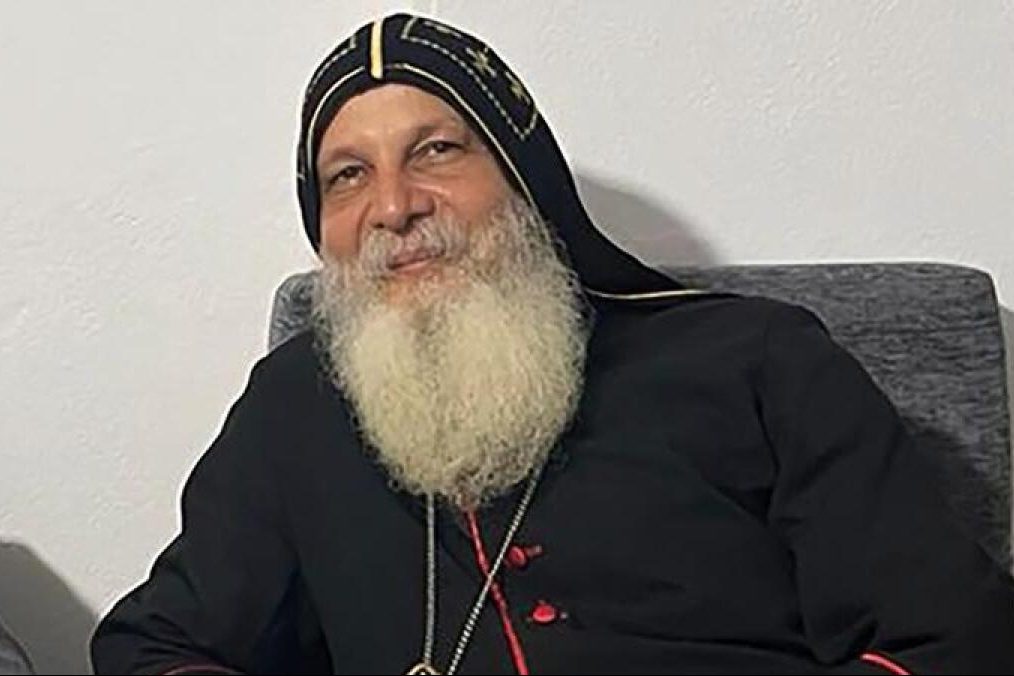YOU don’t have to vote for those candidates you can’t stand – well on the Senate ballot paper at least! The most important lesson for the 2019 election, for informed voters, is leave the space blank against such candidates.

Reforms to the Senate voting system have put more power into the hands of the voters. However, there is a minor catch. As instructed on the paper, voters must number to at least 6 above the line or at least 12 below the line.
The other lesson is to forget party recommendations and choose your own preferences.
The House of Representatives voting paper still requires numbering every box for a valid vote. However, this is not difficult with the seat of Fenner having only five candidates, the seat of Canberra six candidates and the seat of Bean with eight candidates.
Optional, proportional representation has now been adopted for the first time for the Senate. This has made voting easier, whether you vote above or below the line. When numbering the Senate ballot paper, you can now choose to be absolutely sure that a vote does not go to someone who, in your opinion, ought not be a senator.
In this year’s Federal election there are just 17 candidates for the Senate in the ACT. Below-the-line voters have the option of leaving five spaces blank. With eight positions above the line, the safe option for this type of voting is to leave just one space blank. The main lesson is to number to six above the line or 12 below the line, then leave a blank space next to someone who does not deserve to be a senator.
For our readers in NSW, this process is even more important. In Eden-Monaro there are just eight candidates on the House of Representatives ballot paper and every candidate must be numbered. However, this year on the Senate ballot paper there are 105 candidates in NSW and more than 30 parties. Voters are only required to number to 12 below the line and six above the line, unlike previous Federal elections when voters had to number them all.
On the NSW Senate ballot paper there is a wide range of interesting (and largely unheard of) parties including HEMP, Pirate Party, Australian People’s Party, the Together Party and the Science Party. Similarly, there is a myriad of candidates making it almost impossible to have a completely informed vote. No problem. The optional voting system of numbering to 6 or 12 allows an informed vote and mitigates against informal ones.
In previous Federal elections where every box had to be numbered, there was a danger when voting below the line of double numbering or some other mistake that would simply mean the vote would be discarded. This is in marked contrast to ACT elections where a vote is valid up to the point where there is doubt about voter intention.
Preferences have been a challenging issue. The major parties have been accused of doing deals. Glenn Druery, “the preference whisperer”, has had significant influence amongst minor parties in the past. This does not have to be the case. Reforms to the Senate voting system and the simplicity of the House of Representatives paper means voters can forget party recommendations altogether and simply list their own preferences.
Allow me to provide an example. Prominent in the ACT and NSW Senate papers is Fraser Anning’s Conservative National Party. Considering his behaviour as a senator, I would not put a mark against his party, or any candidate that was prepared to run under his name.
With this new process for listing your own preferences on the ballot paper, you have the power to choose who you think will be the best representatives and senators, and leave blank spots next to those you don’t want.
We should thank current MPs and senators for the fact that voters are even more empowered this election.
Michael Moore is a former member of the ACT Legislative Assembly and an independent minister for health. He has been a political columnist with “CityNews” since 2006.
Who can be trusted?
In a world of spin and confusion, there’s never been a more important time to support independent journalism in Canberra.
If you trust our work online and want to enforce the power of independent voices, I invite you to make a small contribution.
Every dollar of support is invested back into our journalism to help keep citynews.com.au strong and free.
Thank you,
Ian Meikle, editor





Leave a Reply